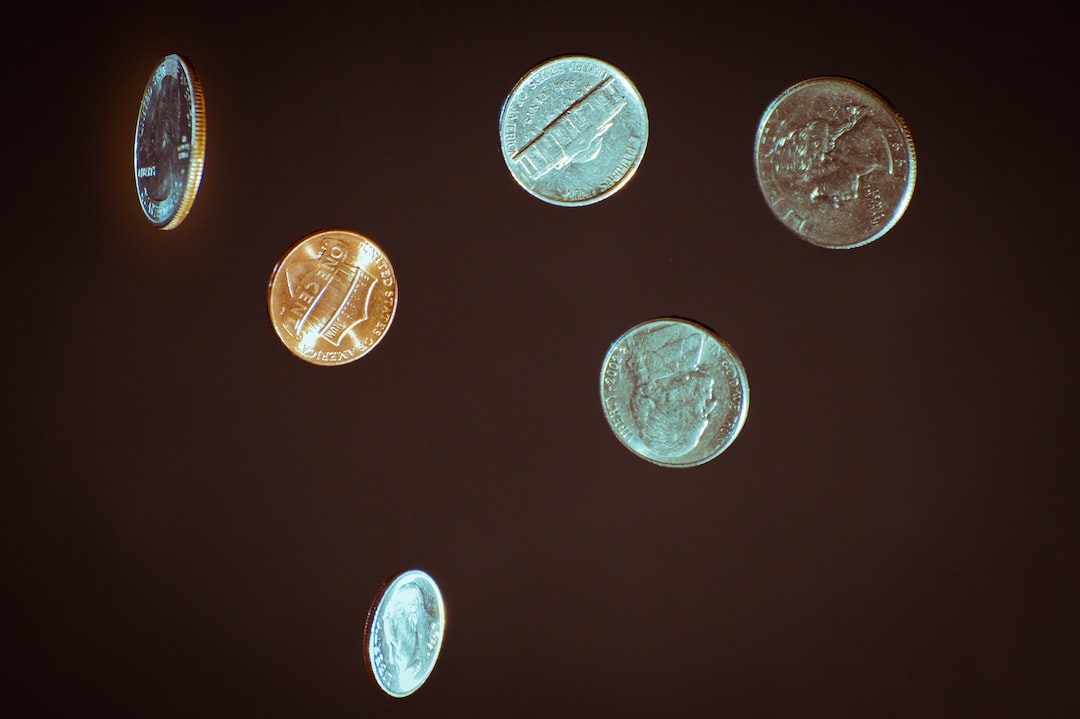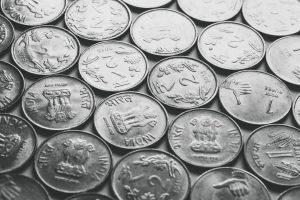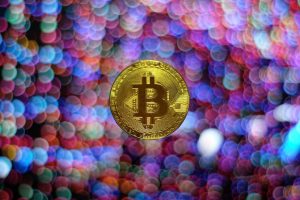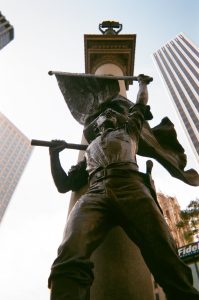Forex or foreign exchange is the largest financial market in the world, with a daily trading volume of over $5 trillion. It is a decentralized market, meaning that there is no central authority that controls or regulates it. Instead, forex is controlled by a network of participants, including governments, central banks, commercial banks, financial institutions, and individual traders.
Governments and Central Banks
One of the most influential players in the forex market is the government and its central bank. Governments use forex to manage their national currency and maintain their economic stability. They do this by buying and selling currencies to influence their exchange rates, which can affect their export and import trade balances.
Central banks, on the other hand, are responsible for implementing monetary policy and regulating the money supply. They use forex to manage their monetary policy by buying and selling currencies to influence interest rates and inflation. Central banks can also intervene in the forex market to stabilize their national currency during times of economic uncertainty or volatility.
Commercial Banks and Financial Institutions
Commercial banks and financial institutions are also significant players in the forex market. They provide liquidity to the market by buying and selling currencies to meet the demand of their clients. Commercial banks also facilitate foreign trade transactions by providing financing, letters of credit, and other services.
Financial institutions, such as hedge funds and investment banks, also participate in the forex market. They use forex to generate profits through currency speculation, which involves buying and selling currencies based on market trends and economic data.
Individual Traders
Individual traders also play a vital role in the forex market. They participate in the market through online trading platforms, which allow them to buy and sell currencies directly. Individual traders can profit from forex by speculating on currency movements and taking advantage of market volatility. They can also use leverage to amplify their potential profits, but this also increases their risk of loss.
Forex Brokers
Forex brokers are intermediaries between the market participants and the forex market. They provide traders with access to the market and facilitate their trades. Forex brokers earn a commission on each trade, and they can also offer additional services, such as educational resources and trading tools.
Regulatory Bodies
Although there is no central authority that controls the forex market, there are regulatory bodies that oversee its operations. These include the Commodity Futures Trading Commission (CFTC) in the United States, the Financial Conduct Authority (FCA) in the United Kingdom, and the Australian Securities and Investments Commission (ASIC) in Australia.
Regulatory bodies aim to protect traders from fraudulent activities and ensure that the market operates fairly and transparently. They also enforce rules and regulations that govern the conduct of forex brokers and traders.
Conclusion
In summary, the forex market is controlled by a network of participants, including governments, central banks, commercial banks, financial institutions, individual traders, and forex brokers. Each player has a different role and motivation for participating in the market, but together they create a dynamic and diverse marketplace. Although there is no central authority that controls the forex market, regulatory bodies play a crucial role in ensuring that it operates fairly and transparently.





